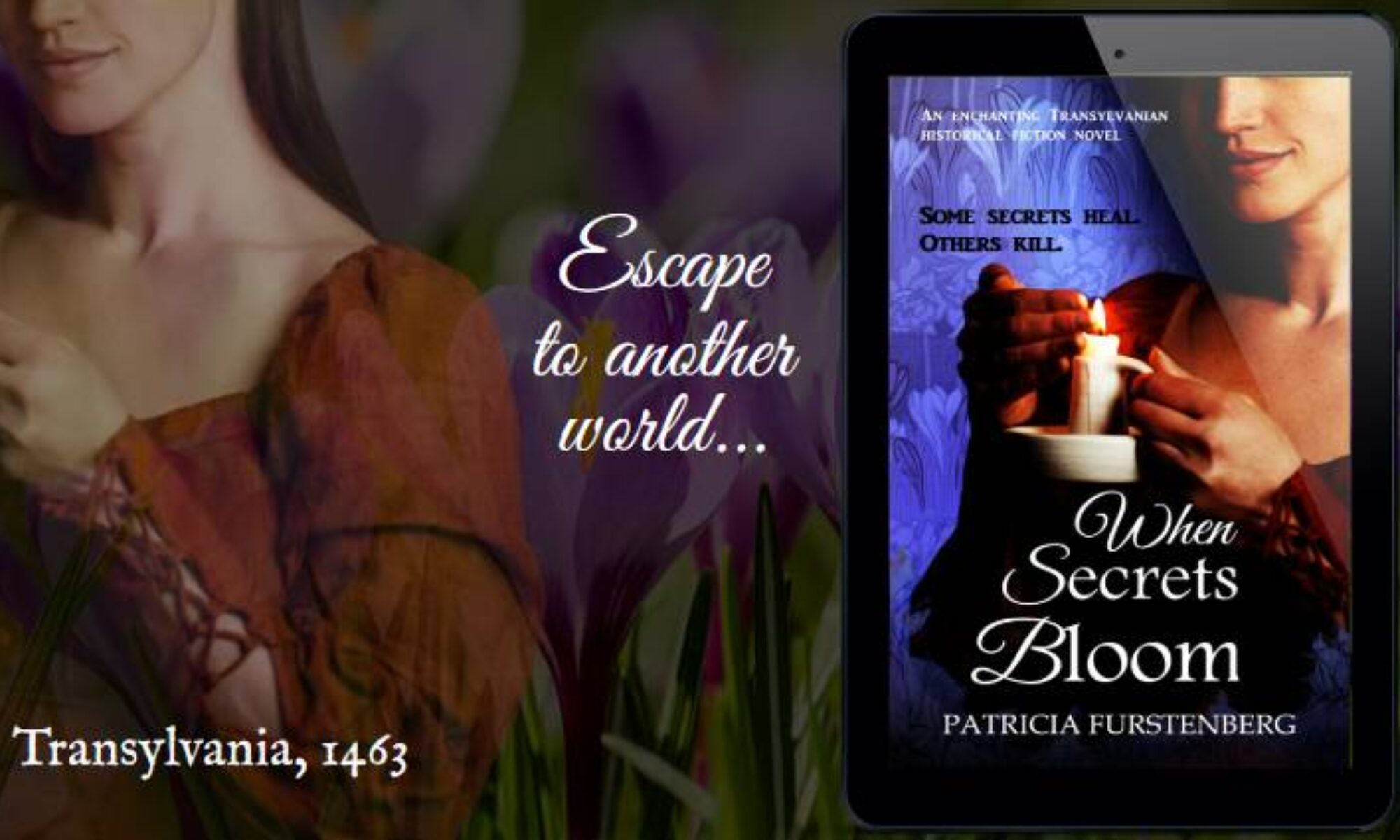If you enjoyed the Romanian folktale Emperor Aleodor , the first part and the second part of Youth Without Age and Life Without Death do find out how it al ends below.
Youth Without Age and Life Without Death ~ part 3
The prince spent a very long time at the palace without being aware of it, for he always remained just as young as he was when he arrived. He wandered about the woods without ever having a headache. He amused himself in the golden palace, lived in peace and quiet with his wife and her sisters, enjoyed the beauty of the flowers, and the sweet, pure air. He often went hunting; but one day, while pursuing a hare, he shot two arrows at it without hitting the animal. Angrily chasing it he discharged a third arrow, which struck it, but in his haste the luckless man had not noticed that he had passed through the Valley of Sighs while following the game.
He picked it up and turned toward home, but was suddenly seized with a longing for his father and mother. He did not venture to speak of this wish to his wife, yet by his grief and restlessness both she and her sisters instantly perceived his condition.
“Oh! luckless prince, you have passed through the Valley of Sighs,” they said in terror.
“I did so, my dear ones, without meaning to be so imprudent, but now the longing to see my parents is killing me! Yet I can not forsake you. I have already spent several days with you and have no cause to complain. So I’ll go and see my parents once more, and then come back to you, never to leave you again.”
“Do not quit us, beloved prince! Your parents died two or three hundred years ago, and if you go, we fear you yourself will never return; stay with us, for a presentiment of evil tells us that you will perish!”

All the entreaties of the three ladies, as well as those of the horse, were unable to quiet the young hero’s longing for his parents, which was fairly consuming him alive.
At last the horse said: “If you don’t listen to me, master, whatever happens to you will be your own fault. I’ll tell you something, and if you accept my condition, I’ll take you back.”
“I’ll accept it with many thanks,” replied the prince; “let me hear it.”
“As soon as you reach your father’s palace you will dismount, but I am to return alone in case you stay even an hour.”
“Be it so,” the prince agreed.
They made their preparations for the journey, the prince embraced the ladies and after having bade them farewell he rode away, but they sobbed and wept bitterly when he left them.
They reached the country which had once been the kingdom of the Scorpion Witch, but found cities there; the woods had become fields; the prince questioned one person and another about the Scorpion Witch and her house, but they answered that their grandfathers had heard from their great, great grandfathers that such silly tales had once been told.
“How is that possible!” replied the prince, “I came through this region myself only a short time ago,” and he told them all he knew.
The people laughed at him as if he were a lunatic or a person talking in his sleep, and the prince angrily rode on without noticing that his hair and beard were growing white.

When he reached the realm of the Woodpecker Fairy, the same questions and answers were exchanged. The prince could not understand how these places had altered so much in a few days, and again rode angrily on. He now had a white beard that reached to his waist, and he felt as if his feet were beginning to tremble.
Quitting this country he arrived in his father’s empire. Here he found new people, new towns, and every thing so much changed that he could not recognize it. At last he came to the palace where he was born. When he dismounted, the horse kissed his hand, and said:
“I wish you good health, master, I’m going back to the place from which I came. If you want to go too, mount quickly, and we’ll be off.”
“Farewell, I too hope to return soon.”
The horse darted away with the speed of an arrow.
When the prince saw the ruined palace and the weeds growing around it, he sighed deeply and with tears in his eyes tried to remember how magnificent these places had once been. He walked around the building two or three times, tried to recollect how every room, every corner had looked, found the stable where he had discovered the horse, and then went down into the cellar, whose entrance was choked up with fallen rubbish.

He groped hither and thither, holding up his eyelids with his hands, and scarcely able to totter along, while his snowy beard now fell to his knees, but found nothing except a dilapidated old chest, which he opened. It seemed empty, but as he raised the lid a voice from the bottom said: “Welcome, if you had kept me waiting much longer, I too should have gone to decay.”
Then his death, which had become completely shriveled in the chest, seized him; but the prince fell lifeless on the ground and instantly crumbled into dust.
Into the saddle then I sprung, The tale to tell to old and young.
Youth Without Age and Life Without Death (Tinerete Fara de Batranete si Viata Fara de Moarte) is a Romanian folktale discovered by Petre Ispirescu, Romanian editor, folklorist, printer and publicist, and first published in 1862 in local newspaper Țăranul român (Romanian Peasant).


